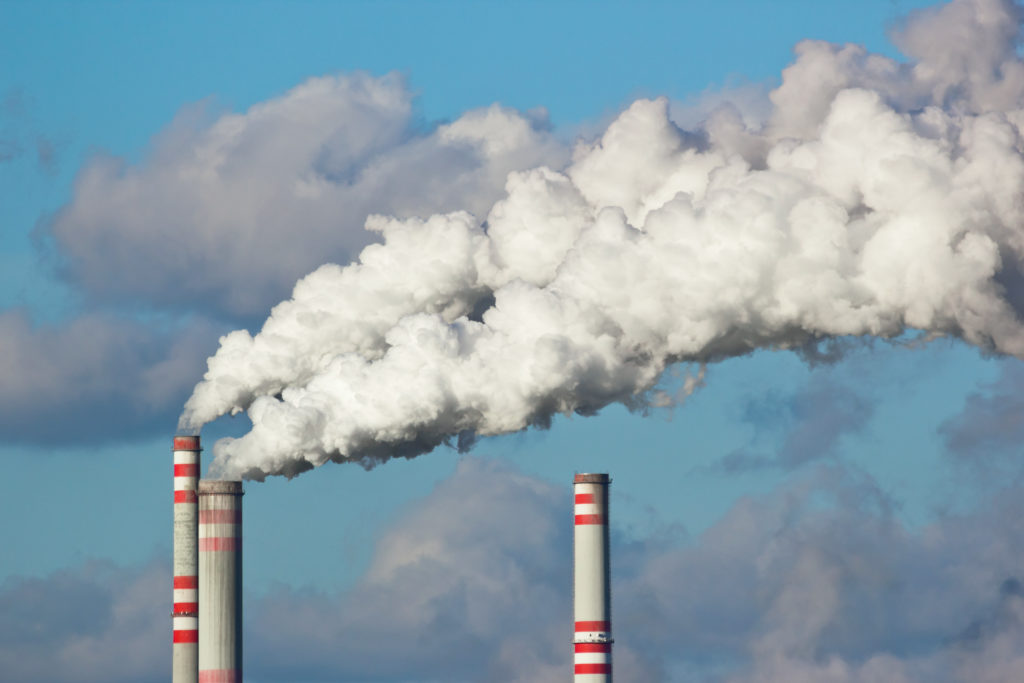Air pollution in childhood quadruples the risk of severe depression

How does air pollution on children?
When children grow up at a younger age in areas with high air pollution, this leads to a substantially increased probability that the Affected develop at the age of 18 years of a severe Depression.
Researchers at the Kings College London found in their current study, younger children living in areas with severe air pollution, have a significantly increased risk for the development of depression at the age of 18 years. The doctors published the results of their study in the English journal “Psychiatry Research”.

Many psychological problems begin in adolescence or Childhood
In the analysis, as usual in the air, the mental health of young people pollutants affect, the researchers found that young people were three to four Times more likely to have depression if they were exposed to at the age of twelve years, polluted air. The researchers explain that their results are particularly significant because 75 percent of mental health problems begin in Childhood or adolescence. In this time the brain is developing particularly quickly. The research work also suggests a connection between polluted air and antisocial behavior, but there is a need for further research to confirm this. A larger study is expected by the end of this year.
Air pollution is bad for the body and mind
A high level of air pollution is bad for adults and especially for children, both for the physical as well as mental health, emphasized study author, Dr. Helen Fisher, Kings College London. It would be useful to try to avoid the areas with the highest air pollution. National governments should take the Problem seriously, and the harmful air pollution, reduce, adds the expert.
Risk for Depression was, in part, quadrupled
In the case of the 284 children examined in the study, who lived in the age of twelve years in the 25 percent of the most polluted areas, the probability of a Depression with 18 years of age is three to four times higher than the 25 percent of children from the least polluted areas. In comparison, previous studies have shown that children who have physical abuse will suffer, one and a half Times more likely to have depressive disorders occur.
Other factors were also taken into account
The researchers included in the study, other factors that can affect mental health, such as, for example, a family history of mental illness, the level of income, bullying and Smoking. They also examined the Occurrence of anxiety and ADHD in the subjects, but found no connection with the air pollution.
Air pollution can reduce the intelligence
The risk for anti-social behaviour was in the case of high air pollution three to five times higher. In contrast to the connection with depression, however, the result was not statistically significant, because the number of young people who were in the study of antisocial, was on the whole very low. So far, the influence of air pollution on mental health has been studied relatively little – other than in the case of physical health. Studies in adults have led to contradictory results, although there is clear evidence that air pollution can even lead to a significant reduction in intelligence.
Inflammation in the brain cause the depression?
The study was not to investigate the exact cause of the depression. Probably an inflammation to kick but due to the toxic pollution, says study author Fischer. Pollutant particles are small enough, the so-called blood-brain barrier to cross. There are strong Links between inflammation in the brain and the development of depressive symptoms, explained the Physician. Children and young people are particularly vulnerable. Your brain is developing, there are tremendous hormonal changes occur and children and young people are exposed to many stressful situations, such as, for example, in their social relations, exams and training place search.
Further research is needed
Further investigations are important, but let’s assume, that the reduction of air pollution is less difficult than the avoidance of other factors that can cause psychological problems, explains Fischer. A better understanding also enables earlier Intervention and the introduction of counter-measures. (as)




